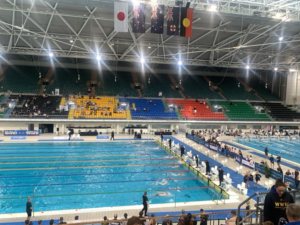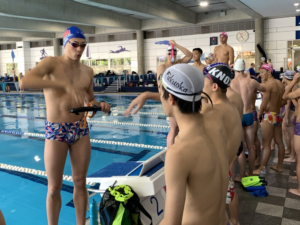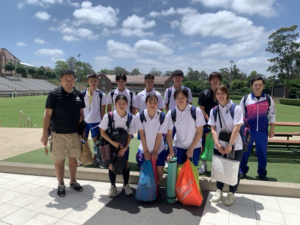There are two peak periods in Japan where the risk of flooding is at its highest. One is called tsuyu which literally translates to “rain for growing plums” that goes from mid-June to mid-July and another in September when typhoons often strike Japan. The danger of flooding is at its highest during the latter half of tsuyu.
As you may have seen on several ABC news reports, there has recently been severe flooding and consequent landslides in Kyushu claiming more than 25 lives with around 20 people still unaccounted for. We have already confirmed the safety of all JET participants in the area but remain anxious about the total damage caused by the disaster and continue to hope for a prompt recovery.
Flood prevention is thought to be one of the most fundamental function of governments in East Asia which is subject to severe rainy seasons. The oldest embankment in Japan that currently exists was built in the 4th century and Japanese governments have struggled to continue building and maintaining similar embankments and facilities to manage strong river torrents. Nowadays, Japanese central and local governments share the task of flood prevention where the central government is responsible for managing large rivers that flow over the boundary of prefectures and coordinating policies and inter-governmental measures. Prefectural governments look after relatively large rivers within their areas and municipals are in charge of smaller ones.
Due to its humid climate and mountainous terrain, Japan is prone to natural disasters such as heavy rain and landslides. As such, the Japanese government is making every effort to prevent and prepare for such events.
Katsunori Kamibo
Director

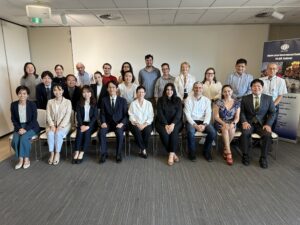
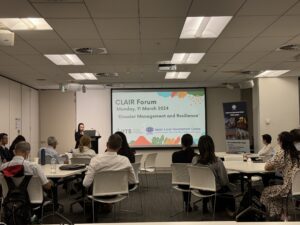
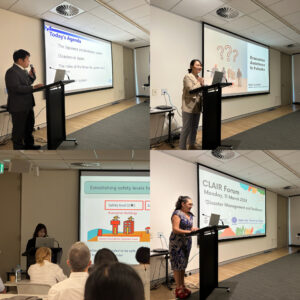
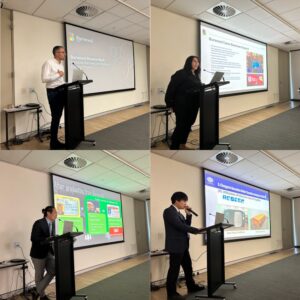
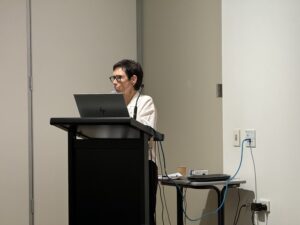
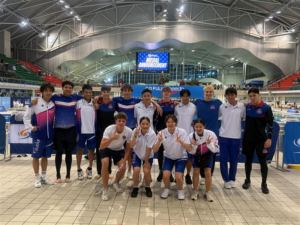 12月3~13日、福岡県水泳連盟の選抜選手8名がNSW州を訪問し、現地の学校との合同練習とNSW州の大会に参加しました。
12月3~13日、福岡県水泳連盟の選抜選手8名がNSW州を訪問し、現地の学校との合同練習とNSW州の大会に参加しました。